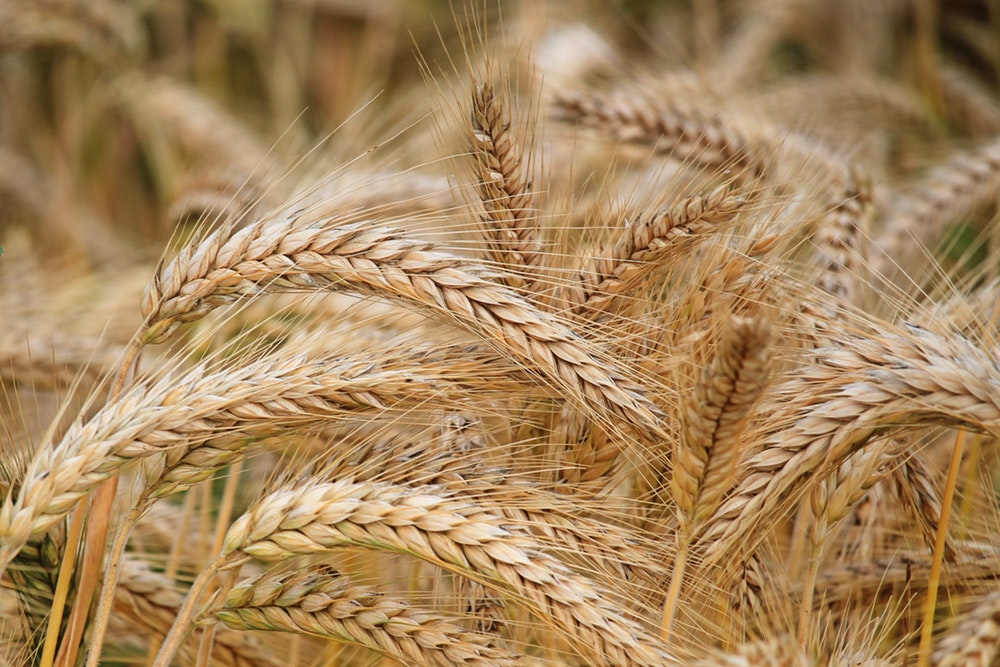Does gluten make you tired?
After exploring all the ways gluten can be harmful, there’s no denying that gluten can indeed make you tired. But that’s not all it can make you. For those who are gluten intolerant, it can also make you sick and very deficient in nutrients. Let’s take a look at how and why.
Gluten irritates the intestinal lining, preventing the proper absorption of nutrients
If you feel lethargic after ingesting gluten, you may be intolerant and can find out by trying a gluten-free diet for a month or so. If you find you are gluten-sensitive, then you may not only be getting tired from it, but also depriving your body and brain of vital nutrients and carrying extra weight unnecessarily. Headaches and other signs of nutrient deficiencies may accompany your condition as well.
Without the nutrients you need, your body responds by growing lethargic and weak
Essentially, gluten causes irritation to the lining of the intestines in those who are sensitive to it. This in turn hinders the absorption of vital nutrients such as Vitamin D, B-12, copper, folate, iron, niacin, riboflavin, and magnesium. Without these important vitamins and minerals, the University of Chicago Celiac Disease Center explains that your body gets fatigued, lethargic, and weak. Now’s the time to check with your physician for the proper testing and medical suggestions.
Track your eating and tiredness patterns in a journal, and share it with your doctor
Tracking your daily eating habits and exactly what you’re eating alongside how you’re feeling can help you discover the source of your tiredness. A pattern will develop if you are indeed gluten-intolerant. Once you discuss this or any such patterns you discover with your physician, an appropriate diet should be provided.
One such problem: Leaky Gut
Leaky gut is one response to gluten-intolerance which can cause significant problems. Here a component of gluten damages your gut lining, allowing food particles or other such debris to slip through the gut wall, which creates a response from your immune system –it’s perceived as an invader, because it essentially is one. However, the symptoms which occur later can be anything from bloating and fatigue to weight gain and inflammation.
Inflammation leads to chronic inflammation — which can cause serious diseases like cancer and diabetes
The inflammation triggered creates more problems for you as it tries to “fight the invader.” These problems include inability to lose weight, increased cortisol levels, fluid retention, poor digestion, and more feelings of sluggishness. To top it off, chronic inflammation contributes to many diseases including cancer and diabetes.
The Problem with Too Much Gluten, High Blood Sugar and Insulin Resistance
Constantly eating gluten-containing foods adds to your blood sugar levels, raising them higher. When this occurs, your pancreas tries to lower them with insulin. This, in turn, overloads your cells with insulin, so they stop receiving the message to store glucose, and the lectins found in gluten bind to insulin receptors, which results in insulin resistance. Your fat cells become highly difficult to lose because of this. Breads and other foods containing gluten also contain high-fructose corn syrup, adding fructose as another link to insulin resistance (as proven in a study by the journal Nutrition and Metabolism).
We crave what we react to the most, like any other type of addict
An odd effect of the foods we react to the most is a sense of craving for them. Dr. Daniel Kalish explains that the body creates addictive substances called opioid endorphins which give us feelings of euphoria after ingesting such foods, creating cravings for them.
From there, further nutrient blockage ensures. When gluten limits nutrient absorption, we don’t get our proper nutrient levels, nor does our body appropriately make Vitamin B-12. Additionally, important minerals like chromium are made bio-unavailable by the phytates in gluten and some other grains, making it difficult for us to balance out our blood sugar levels.
We’ll all be just fine without gluten…unless, of course, you work for the grain industry…
For those who worry that without gluten, we won’t get the proper nutrients–
let it be known that according to Celebrity Nutritionist, Fitness Expert, and New York Times Best-Selling author JJ Virgin, all the vitamins, minerals, antioxidants and other nutrients the body needs can be found in vegetables, lean proteins, low-glycemic fruits, and starchy fiber-rich carbs like lentils and sweet potatoes. There is little, if any, need for gluten in the diet. Why not cut it out completely?
*as with all my articles, please consult a physician before attempting this or any other diet strategy

